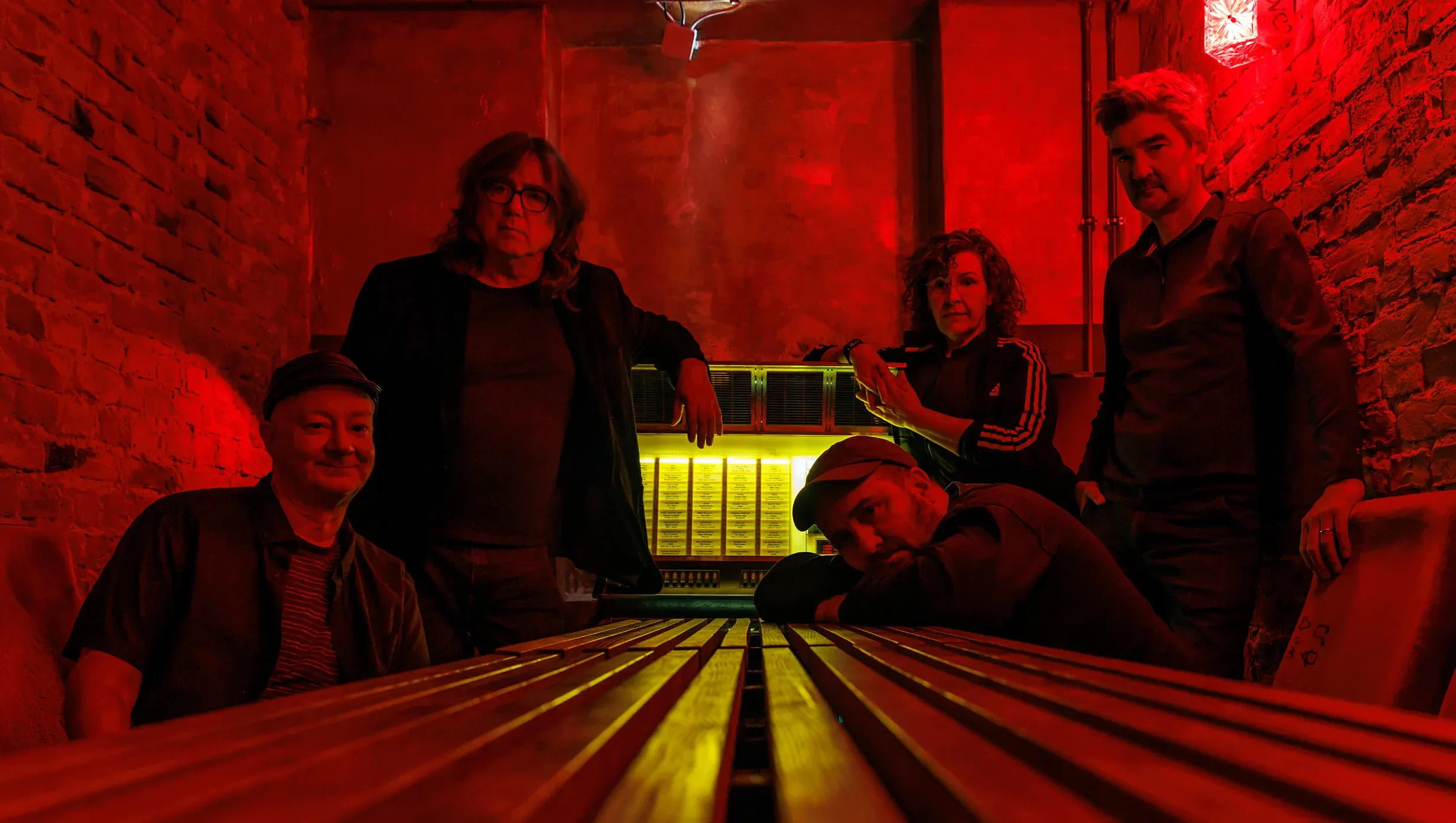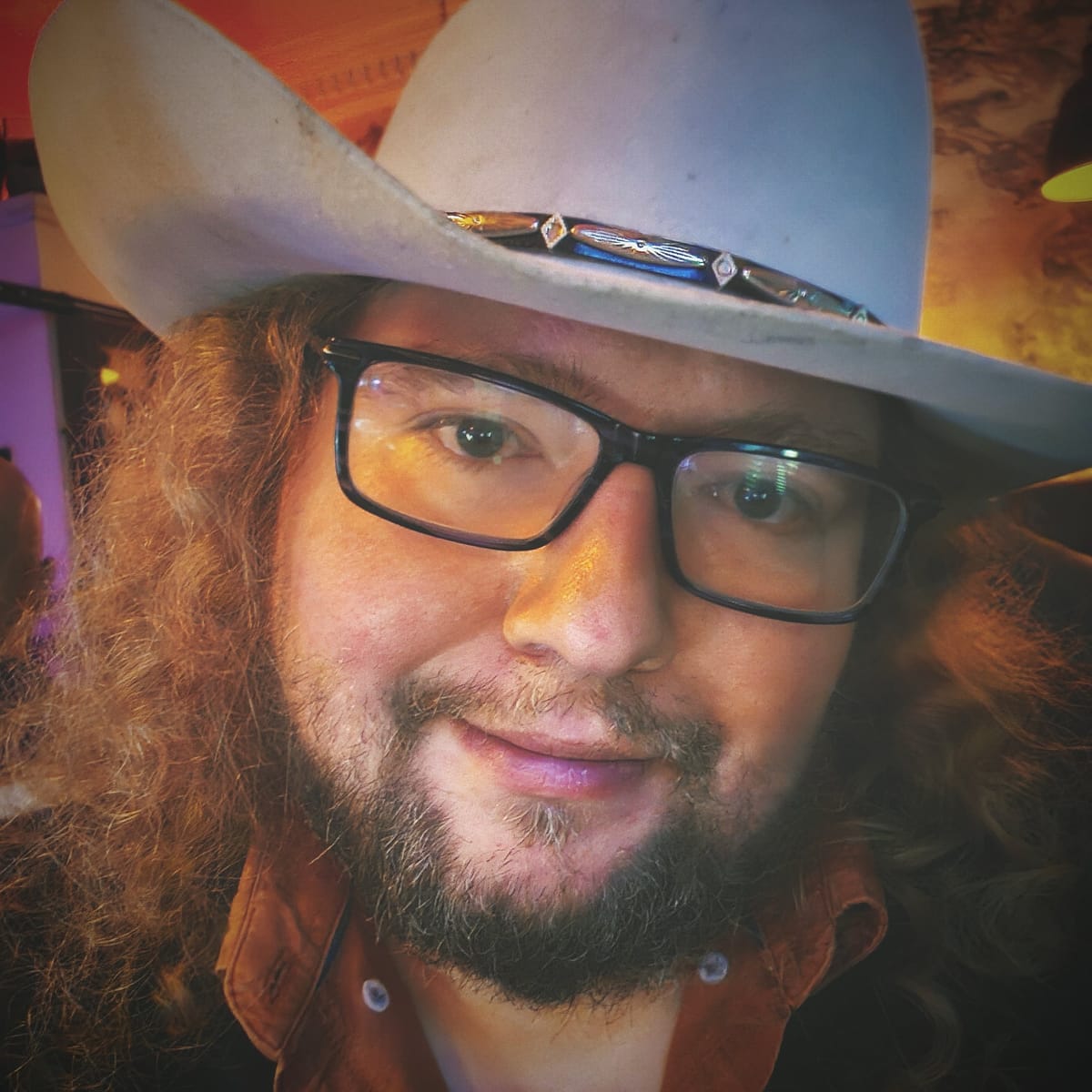Once in a generation tour of landmark indie pop classic in its entirety comes to London
It’s been 25 years since Boston’s The Magnetic Fields found a breathtaking career peak with 69 Love Songs, and the same ambition that drove the record’s conception in 1999 finds Stephin Merritt and co. playing the album in its entirety across two night sets around the UK and Europe.
Merritt had already garnered a reputation for combining lyrics of rare insight and incisiveness with captivating pop melodies by the time 69 Love Songs came into being. Previous album Get Lost was a concise, clever pop record that spurred covers by The Divine Comedy, Tracey Thorn and Better Oblivion Community Center, but it only hinted at the scope the band would employ to document such a vast cross section of the romantic experience. The album is a product of intensive writing sessions in storied New York bars Dick’s and St. Dymphna’s (itself later immortalised by Better Oblivion’s Conor Oberst in Til St. Dymphna’s Kicks Us Out), where Merritt would eavesdrop on tipsy conversations and steal nuggets of pathos for his characters.
The live band consists of Merritt on vocals, distracted button pushing and occasional triangle, latterday collaborator Shirley Simms on vocals and guitar filling in for original member Claudia Gonson, Sam Davol on electric cello, Chris Ewen on keys and Anthony Kaczinsky on guitar and vocals. Merritt’s arch, laconic baritone is contrasted beautifully with Simms, who takes over on a number of songs, including early standout Reno Dakota and the jaw-dropping No One Will Ever Love You on the first night, while sparring with Merritt on others, like second night highlight Yeah, Oh Yeah!, while Kaczinsky brings a brighter male voice to expand the sonic palette, The Luckiest Guy on the Lower East Side and Long-Forgotten Fairytale two particular treasures across the nights.
69 Love Songs was initially dreamed up as a theatrical production before the band thought better of the logistics, so its return to these shores as a wholly documented piece of performance art for the first time since the initial promotional tour brings it to life in a way that most people experiencing it today wouldn’t have appreciated until now. Realistically, even ardent fans rarely play it in full, and personal favourites fill up Spotify playlists to its other songs detriment. Here though, each song is given equal prominence by the band, from a gorgeously rendered The Book of Love, the Peter Gabriel cover of which bought Merritt a house and the source of the loudest cheer across both nights, to the 29 second novelty Experimental Music Love.
Merritt’s stage patter is minimal but typical of his famed oddness and of the humour evident throughout the songs. He takes great pleasure in giving a sonorous tongue-in-cheek ‘thank you’ after songs he hasn’t played or sung a note on, gives out obscure information (‘this place used to be called Cripplegate Without’) or makes comic segues (‘the interesting thing about this next song is that it will be followed by a 15 minute interval, where adventure can be found at the merch table or in a dirty bathroom stall with a handsome stranger’).


Image Copyright: Tim Hanson
Always an awkward presence, not helped by his hyperacusis causing discomfort every time the audience applauds, still he leaves everything on the table and imbues these songs with a depth of emotion when it counts. Solo piano number and high point of the second half Busby Berkeley Dreams a case in point, its chorus even more soaring live and almost cracking under the strain of ‘we still dance in my outrageously beautiful Busby Berkeley dreams.’
He brings the humour and the heartbreak to Papa Was a Rodeo, with its overt tale of a same-sex tryst (‘home was anywhere with diesel gas, love was a trucker’s hand’) still fresh enough to inspire a recent cover by gay country icon Orville Peck, and its joyous denouement gets a rousing reception. It’s hard to listen to a record like Hamish Hawk’s latest A Firmer Hand without tracing its blend of wit, melody and eroticism back to songs like these on 69 Love Songs, where the once transgressive blurred lines of gender and sexuality shared between characters and band members fit as neatly into the modern pop landscape as the 80s revivalism of the show’s more synth-led moments such as I Can’t Touch You Anymore.
Night one ends with a stirring Promises of Eternity, with opening line ‘what if the show didn’t go on?’ warning against anyone missing out on the second half. Night two ends with Zebra, a tale of never being satisfied with your lot no matter how abundant. Truly no amount of zebras could help anyone who left this remarkable achievement of live performance unsatisfied.
Further Reading
69 Love Songs original album review – Pitchfork
How We Made 69 Love Songs – The Guardian
The Magnetic Fields – Busby Berkeley Dreams (live at the Barbican)
Orville Peck, Molly Tuttle, Golden Highway – Papa Was a Rodeo
This article is fully independent and the view expressed here is our own. Other views are available from other writers in other publications. x


